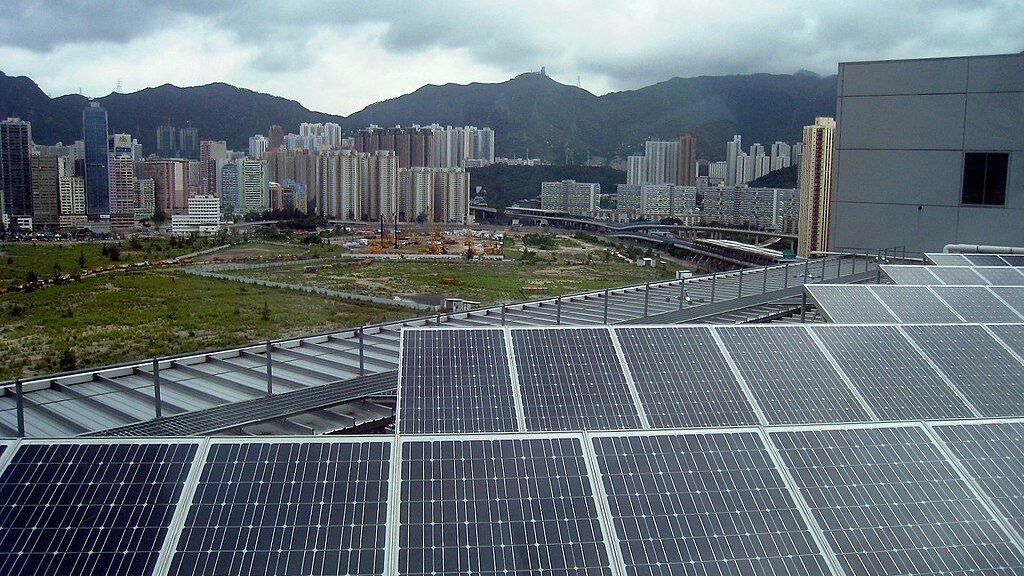Recently, Jamie Dimon, the CEO of J.P. Morgan Chase, the U.S.’s largest bank, suggested that in order to allow green energy to develop properly, his country’s government should engage in expropriations, seizing private property on which environmentally sustainable energy might be harvested.
Resorting to the standard fare of invoking an impending catastrophe to justify elite projects and the disempowerment of average citizens, Dimon argued that “the window for action to avert the costliest impacts of global climate change is closing.”
This opens J.P. Morgan’s annual report to investors, which read as follows:
Massive global investment in clean energy technologies must be done and must continue to grow year-over-year. At the same time, permitting reforms are desperately needed to allow investment to be done in any kind of timely way. We may even need to evoke eminent domain—we simply are not getting the adequate investments fast enough for grid, solar, wind and pipeline initiatives.
This is very much in line with what we might describe as a ‘new enclosure’ of common or private property for the purposes of a technologically-enabled transformation to the economic system, resulting in renewed concentration of capital:
New technologies, including ‘green’ energy, could certainly be ‘humanized,’ that is, adapted to a human scale in which the size of communities and the productive activities its members must carry out are compatible with human flourishing, with edifying sociability and the exercise of traditional virtues. But just as surely, they can also be concentrated in the hands of state-corporate oligarchs to whom the human subject becomes a human resource, a wage-slave, consumer, or both. The latter would be a repeat of those British (but quickly universalized) enclosure policies which began to be implemented in the 17th century.
The report also emphasizes A.I. and other technologies whose global roll-out is likely to have a significant negative impact on the environment, at least initially, including by way of the CO2 emissions (if that is to be our sole, or nearly sole, metric) represented by supercomputers.
This suggests that the massive transfer of funds to predetermined, new high-tech economic sectors and producers is not genuinely concerned with improving the environment. It is a rigged, emerging market, the incorporation of whose devices into everyday life (for example through the ‘Internet of Things’) will monetize previously un-monetized spaces and activities. Where once we didn’t need sensors in our fridge or drones checking for changes in pedestrian density on our street, now these spaces represent a dollar (or euro, or renminbi) sign for someone. This is especially the case given a general rush to apply high-tech to low-tech activities, rather than being limited to appropriate contexts to avoid overreliance and, indeed, energy consumption.
New technologies are not bad in themselves, and neither are all the recommendations made in J.P. Morgan’s annual report if taken in isolation.
But rather than concentrating land in the hands of entities following the above roadmap, as I have suggested elsewhere, rehabilitating the commons would produce conditions more favorable to building resilient communities, promoting social arrangements which by their very structure are conducive to human flourishing and sociability, increasing political accountability and allowing localized production such that the environmental impact of human activities is lessened:
The commons implicitly posits the local community (village, neighborhood, etc.) as a fundamental unit within greater political associations, because that community owns local resources unitarily … A robust commons supports individual entrepreneurship while preventing social atomization and the harm wrought by individual interest maximizing. It also represents an obstacle to state encroachment while potentially showcasing examples of virtuous, local innovative solutions that may inform policy.
The roadmap to digitalization is riddled with unforeseen consequences, with the loss of control over private and public spaces among them. Policy experts and researchers will gather for a panel discussion May 24th, hosted by The European Conservative. The event, “A Path Forward: Coding a New Europe?” will consider the impact of the A.I. Act and the Data Act on ordinary people. The group will meet from 12-14:30 at Silversquare, Square de Meeûs, in Brussels. The event is free and open to the public, but registration is required.





